Visual Strategy Guide
Our mission is to connect communities of curious minds and create lifelong learning possibilities
Keywords:
Growth: Becoming Brighter
1. The process of developing or maturing physically, mentally, or spiritually; 2. Progressive development; 3. Development from a simpler to a more complex stage
Potential: Full of Possibilities
1. The chance or possibility that something will develop and become real; 2. Latent qualities or abilities that may be developed and can lead to future success or usefulness; 3. The innate ability in every person to live and perform in alignment with their highest self
Interactive: Building Connections
1. Allowing a two-way flow of information, ideas, and messages; 2. Involving the actions or input of a user
Exploration: Searching for Knowledge
1. The activity of searching and finding out information about something; 2. The action of traveling in or through an unfamiliar area in order to learn about it
Table of Contents
Section .01
Brand Overview
The Appalachian Experiment
The Learning Channel began in the 1960s, deep in the heart of the Appalachian Mountains…
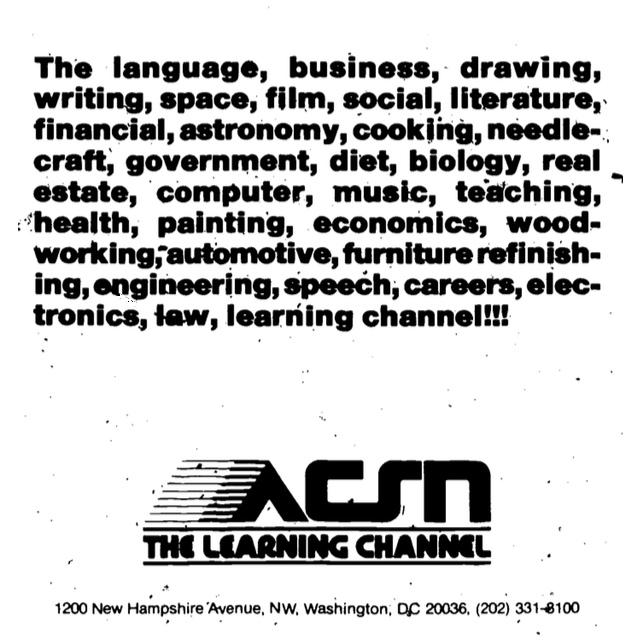
What was most especially apparent was that the ARC project filled a community need not otherwise easily met. –
INSTITUTE OF EDUCATION, 1982
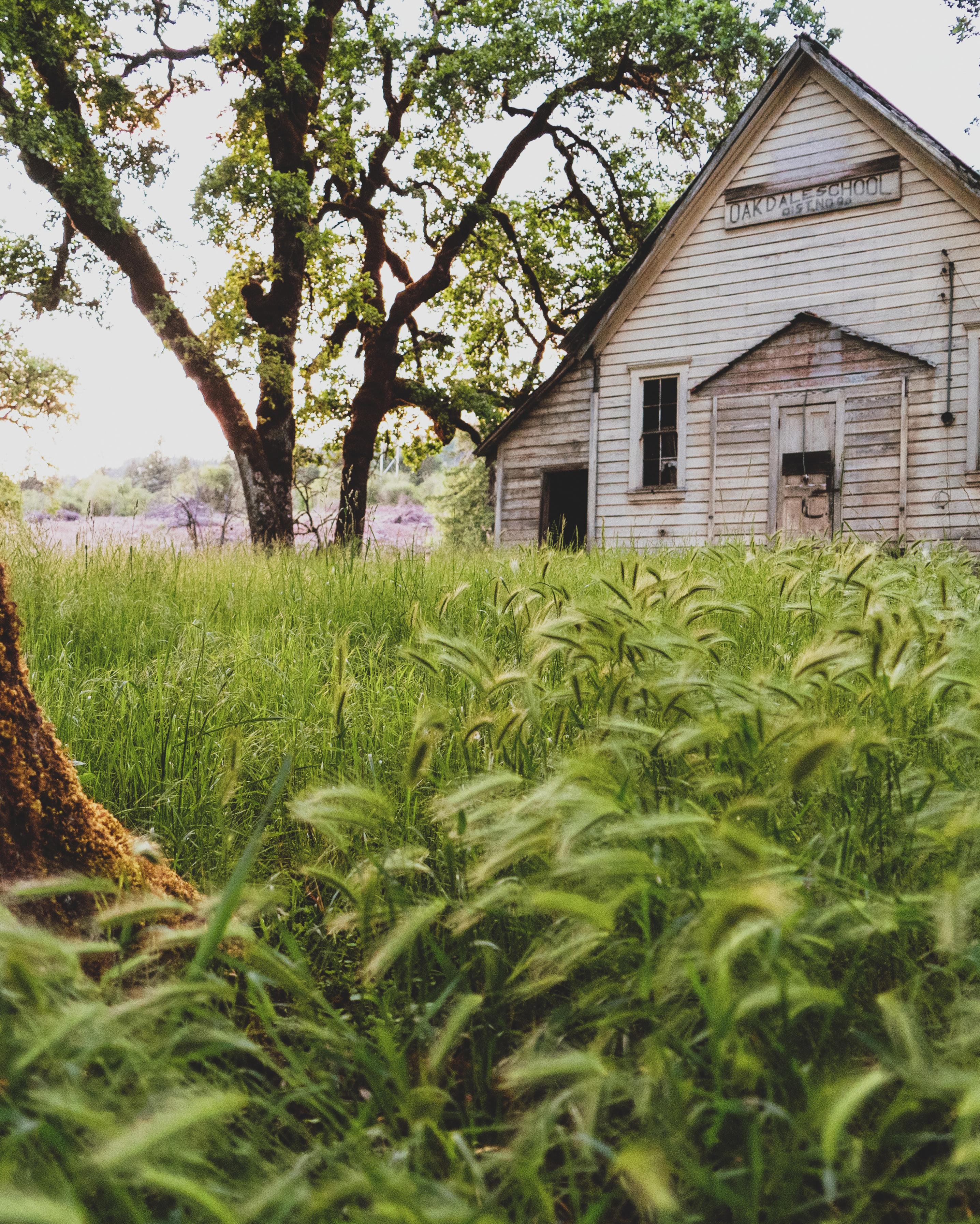
Appalachia has historically lagged behind the rest of the country in most metrics (economics, education, etc.) and became the target of a federal financial assistance program. The Appalachian Regional Commission (ARC) was established to boost access to health and educational services.
Meanwhile, NASA began its own efforts to expand technology usage for public good. In 1972, NASA joined forces with the Department of Health, Education, and Welfare to test the feasibility of using a satellite to broadcast education and health information. From the collaboration began the massive education technology undertaking: the Education Satellite Communication Demonstration (ESCD).
ARC submitted a proposal to take part in the ESCD and use the technology to disseminate career education to Appalachian teachers.
The educational objectives of the experiment included:
+ Expand satellite delivery capability to more rural teachers in career education training courses
+ Design and implement career and occupational courses that will prepare rural Appalachian teachers to be more effective
+ Demonstrate the feasibility of providing teachers with the necessary comprehensive inservice education to improve classroom techniques
+ Test the effectiveness of two-way inter-connective communication between the RESAs and University via satellite
In 1980, the Appalachian Community Service Network (ACSN) acquired the network, taking it out of the public sector, and renamed the network The Learning Channel. Geared towards an inquisitive, but narrow audience, the network maintained modest ratings.
At its peak, The Learning Channel provided a six hour daily block of commercial-free children’s’ programming, as well as adult educational shows and an assortment of documentaries. Ross Bagwell, whose Ross Television Productions worked with the network in its earlier days, once stated, “The Learning Channel started out as an educational tool that was shown in the classrooms.”
Making the channel public extended the walls of the classroom to anywhere viewers had cable access. Now, curious minds could learn about far corners of the world from the comfort of their living room. The aptly named Community Service Network wanted to fill the community need in rural areas for better learning resources. The Learning Channel extended that access to communities across the country. All ages had something to gain from tuning in to The Learning Channel.
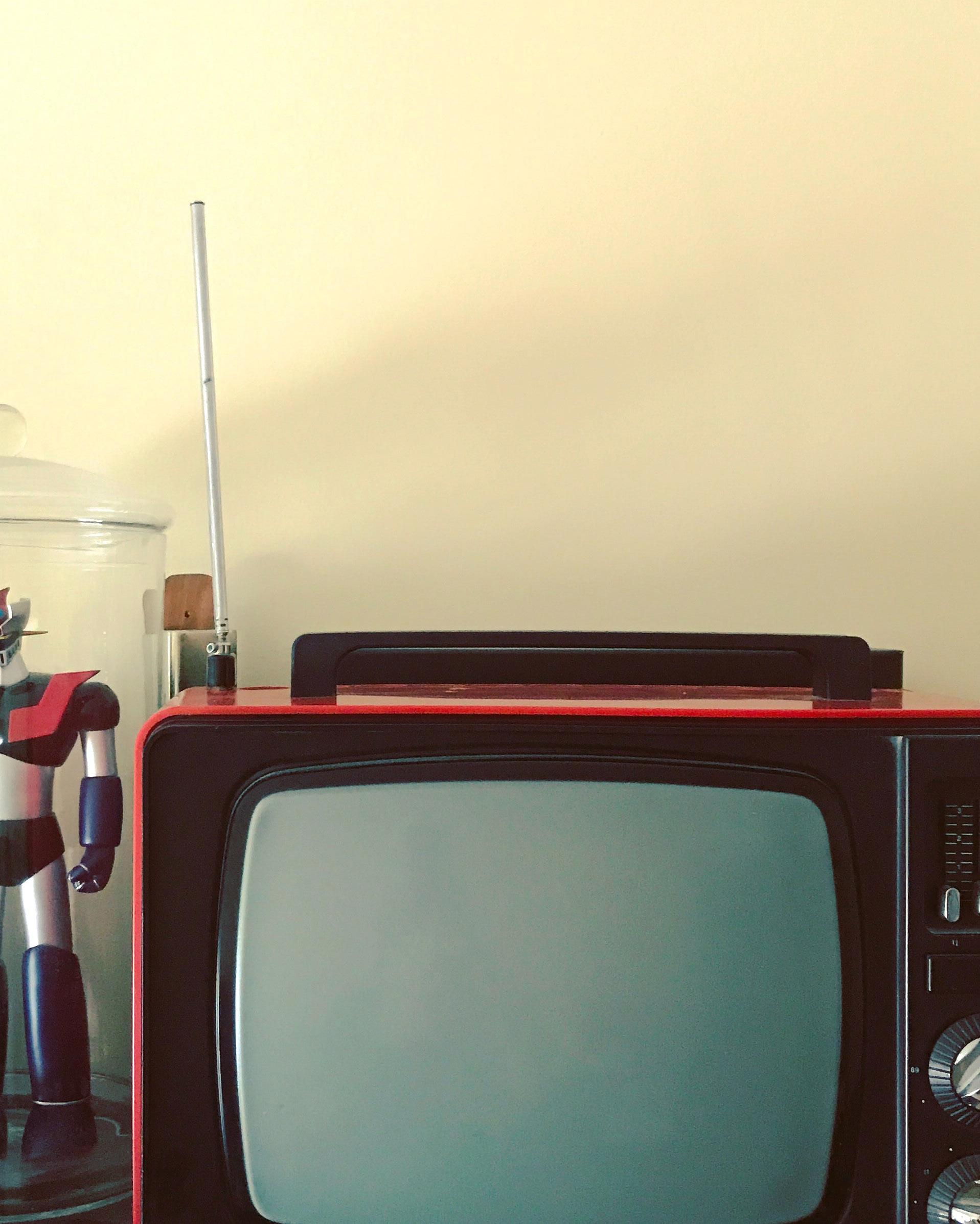
The Discovery Downfall
On a crisp winter day in 1991, The Learning Channel was bought by the Discovery Channel Network…
After being bought by Discovery, in the mid-1990s, the network started to branch out to a larger audience with popular reality shows “Medical Detectives” and “Home Savvy.” This proved to be a good business decision with the rising public interest in reality shows. The Learning Channel rebranded itself as TLC in 1998 and removed the educational content.
MARCH 9,
1965
Appalachian Regional Commission (ARC) founded with the initiative to boost access to education services

EARLY 1972
The Office of Education provided ARC with a $45,000 grant to investigate “fruitful areas for communication satellite experimentation”
1970
ARC established RESA (Regional Educational Services Agencies) in isolated areas to provide inservice training programs
SUMMER 1974
Appalachian Educational Satellite Project broadcast closed circuit inservice training for K-6 teachers
DECEMBER 1972
The National Center for Educational Technology and National Institute of Education approved a 30 month test satellite project

1982
ACSN achieved the fastest rate of growth of all basic cable programs
OCTOBER 1980
Appalachian Community Service Network (ACSN) broadcast free programming directly to public cable
JANUARY 1, 1984
ACSN shortened the network name to The Learning Channel
1985 TO 1991
The Learning Channel aired for six years, geared toward an inquisitive and narrow audience with generally modest ratings
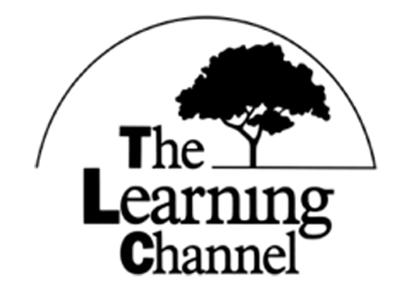
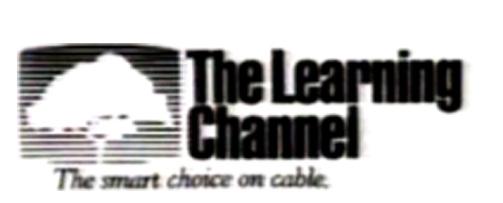

FEBRUARY 15, 1991
Discovery bought The Learning Channel from ACSN
1992
Discovery shortened the name of the channel to TLC, but maintains “The Learning Channel” below the logo

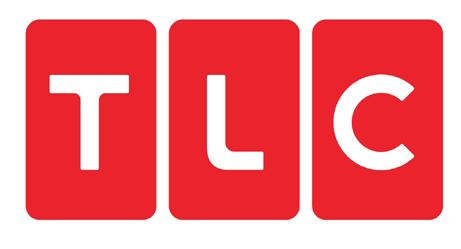
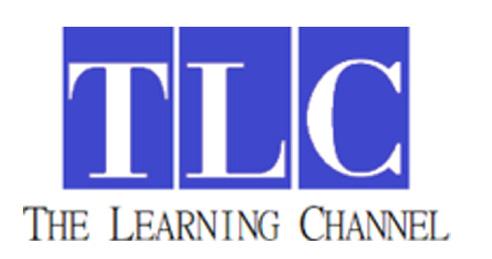
OCTOBER 26, 1992
TLC began airing a daily six-hour block of educational children’s programming called Ready, Set, Learn
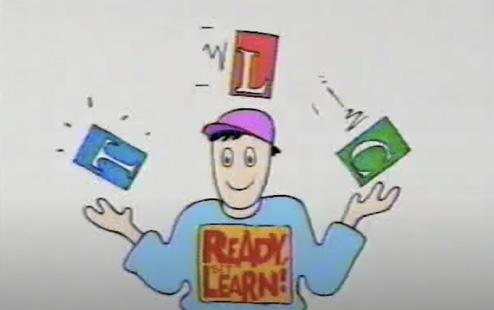
APRIL 23, 1996
TLC premiered it’s first venture in reality programming: Medical Detectives
1998
The Discovery Channel removed “The Learning Channel” from the logo
MARCH 27, 2006
TLC launched a rebrand campaign that wanted to shift away from decorating shows and reality programming
SEPTEMBER 26, 2008
The Discovery Networks moved the last Ready, Set, Learn program to the Discovery Kids channel
JULY 2014
TLC launched a promotional campaign building on a focus of personal stories and family life
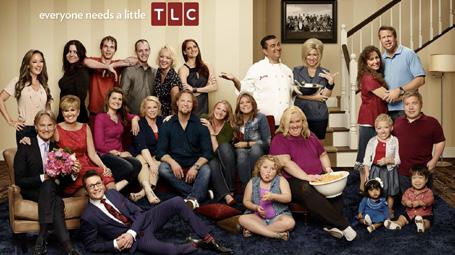
2022
The Learning Channel began work on a new rebranding initiative
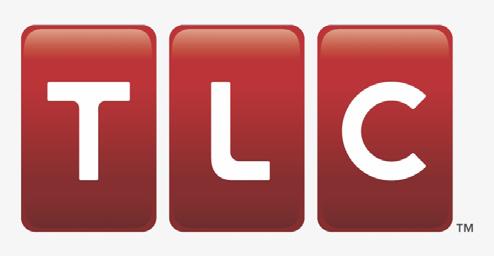
EARLY 2008
TLC launched a new imaging campaign that shifts the focus to personal stories
NOVEMBER 14, 2010
Considered by many to be the “point of no return” for TLC’s reality program future, Sarah Palin’s Alaska premiered
2018
Following a reality show scandal, TLC turned back to home design programming with a Trading Spaces revival

Tagline Development
The evolution of taglines shows an interesting progression of The Learning Channel’s downfall…
A Place for Learning Minds
1980 The Smartest Choice on Cable
1984
From Channel to Company
The Learning Channel is renewing it’s focus on bringing lifelong learning to communities of curious minds and rebranding itself as The (new-but-familiar) Learning Company…

The Learning Channel is rebranding itself to focus on making connections and fostering curiosity in communities. The Learning Channel hopes to provide support and resources for communities to take learning into their own hands. Like the NASA satellites, the ultimate goal is to establish a two-way flow of information that creates collaboration and feedback.
Far from its days as a television channel, The Learning Channel wants to get people out of their comfort zone and immersed in learning. The Learning Channel wants its audience to know that lessons and mistakes are both moments of learning. Getting dirty and making mistakes in the learning process is half of the fun!
Removed from the television, The Learning Channel found the opportunity to re-envision itself and expand beyond an antiquated medium. The brand will move into this new age with an updated name as the new, but familiar, The Learning Company.
Keywords:
Potential
1. The chance or possibility that something will develop and become real; 2. Latent qualities or abilities that may be developed and can lead to future success or usefulness; 3. The innate ability in every person to live and perform in alignment with their highest self
Interactive
1. Allowing a two-way flow of information, ideas, and messages; 2. Involving the actions or input of a user
Exploration
1. The activity of searching and finding out information about something; 2. The action of traveling in or through an unfamiliar area in order to learn about it
Buzzwords:
Relevant/Good/Positive
Bankrupt/Stale/Negative
Aspirational
Strategy Visualizations
The following grids show a visual representation of where The Learning Channel’s brand strategy began, where it is now, and where it can go in the future…
The Learning Channel began as an educational tool for classroom teachers and students.
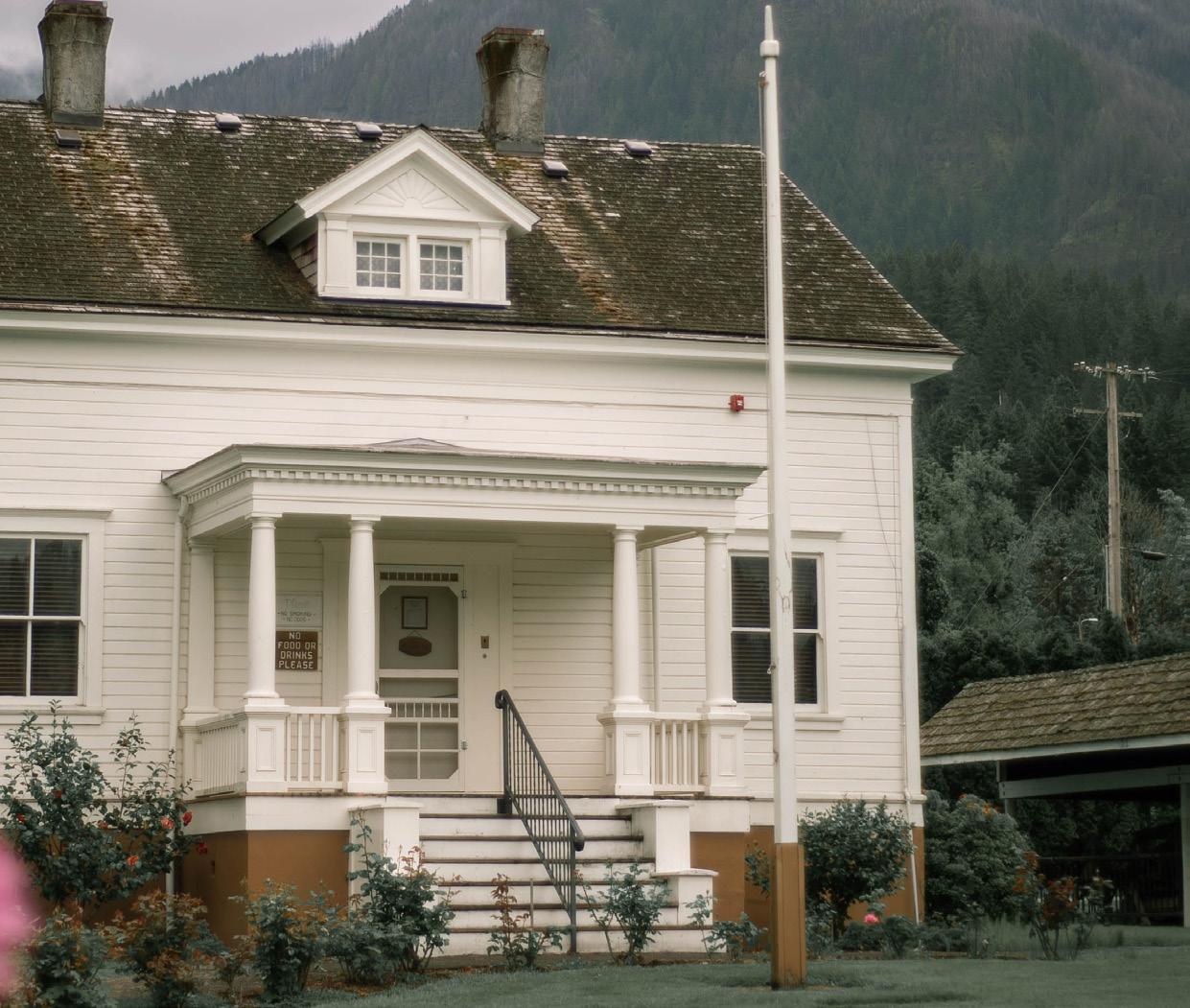

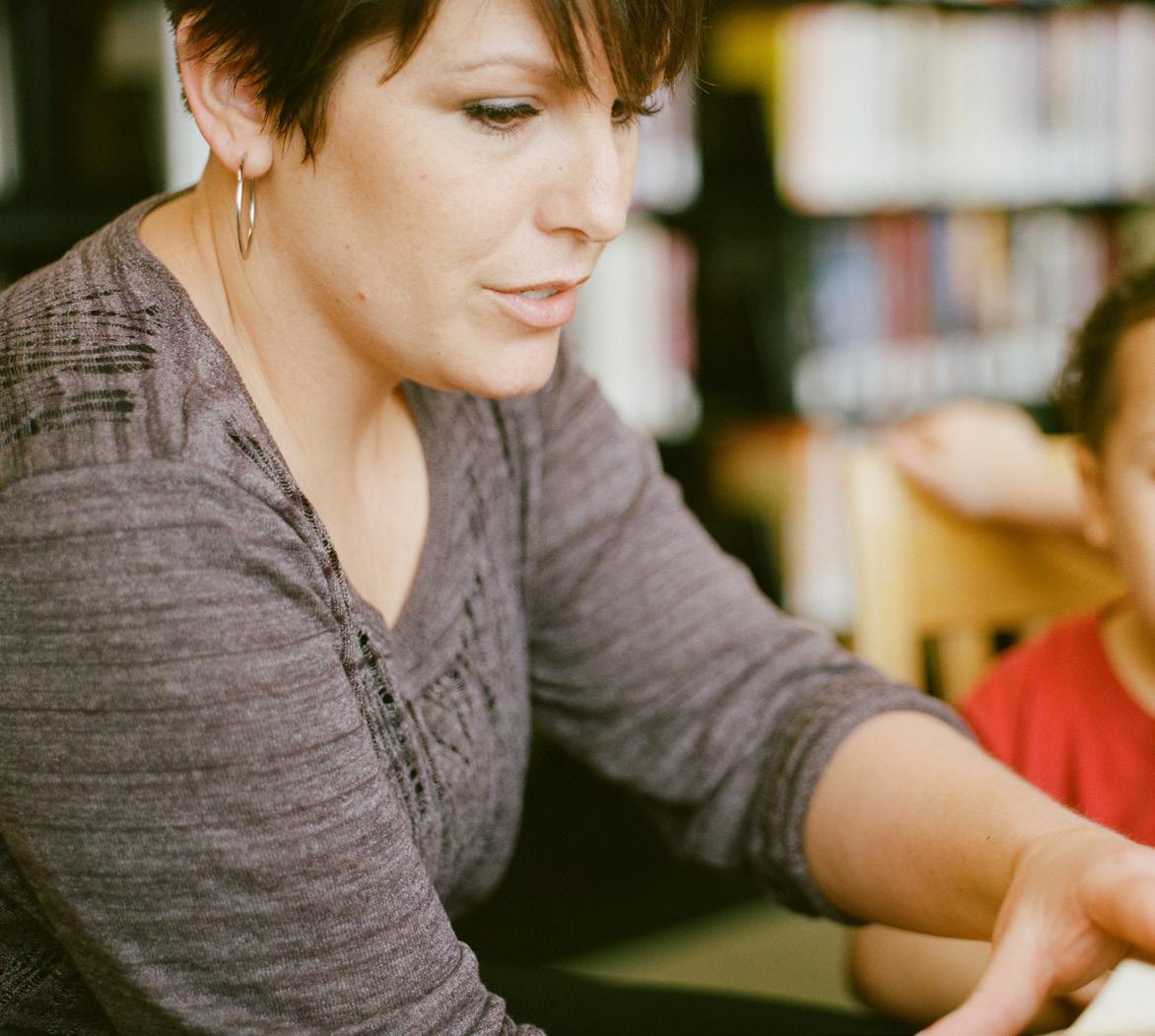





Today, TLC provides entertainment for reality TV enthusiasts.

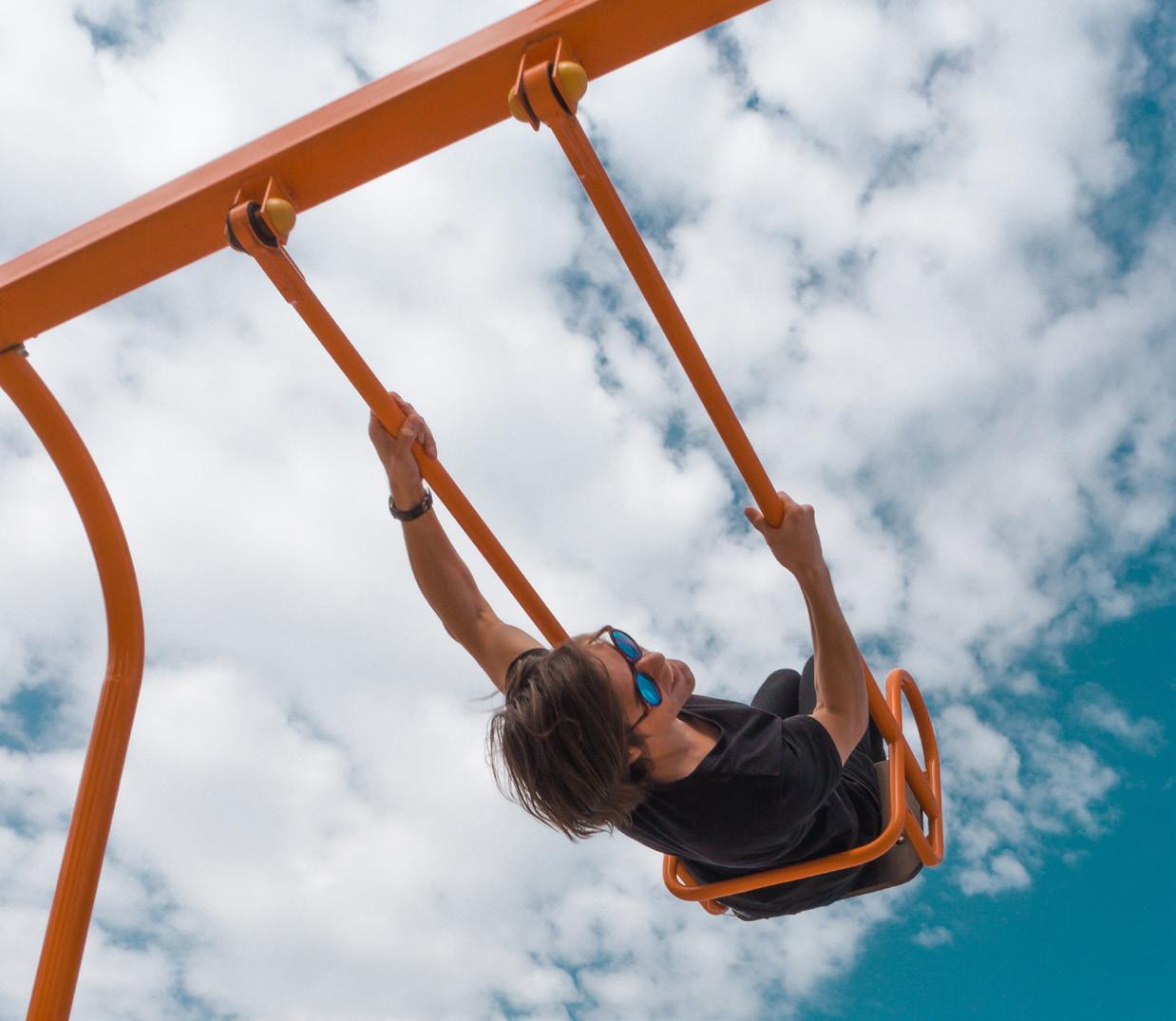






In the future, The Learning Channel will bring fun learning opportunities to curious people around the world.




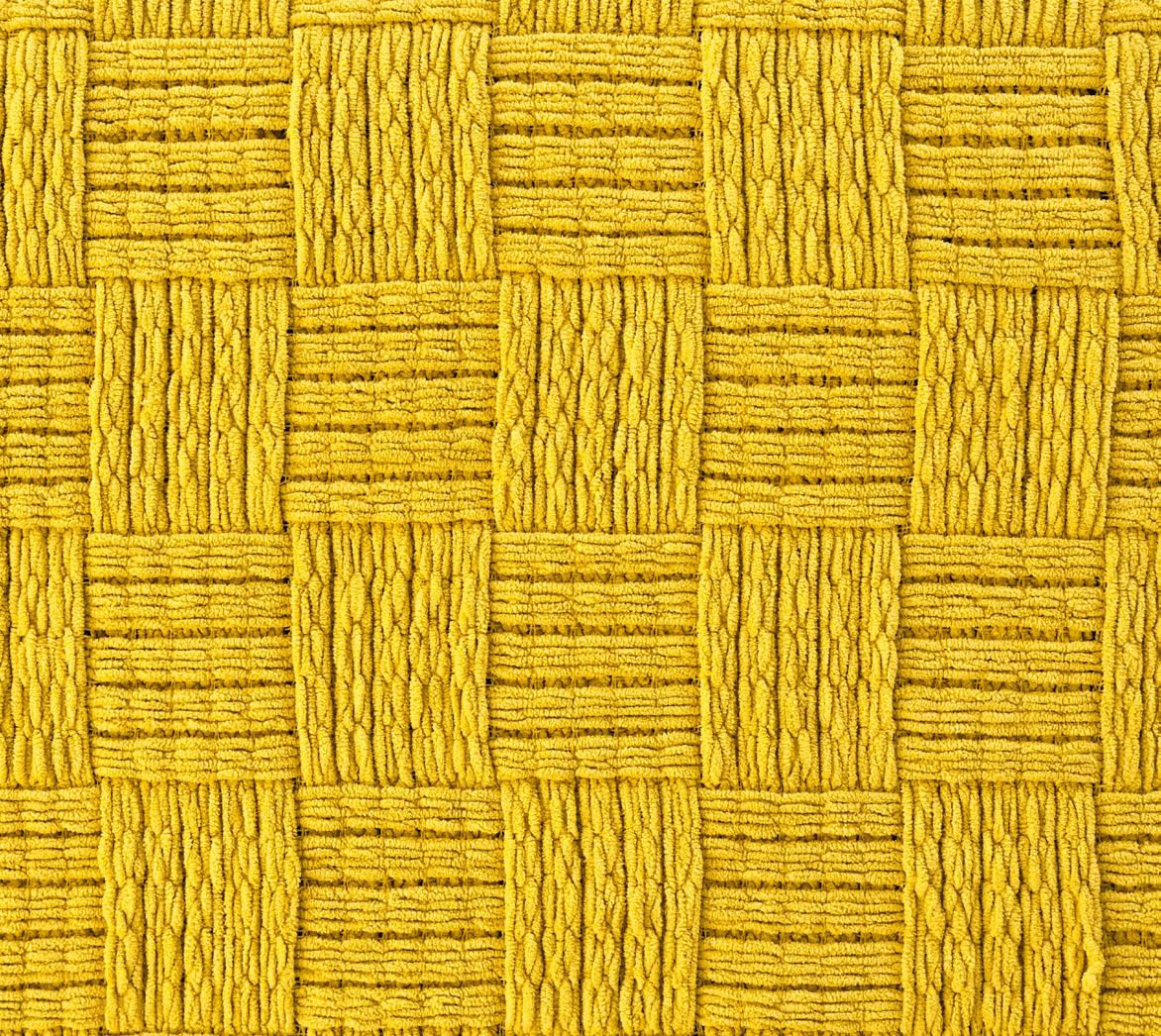



Section .02
Audience Profiles
Personas
Audience profiles in the form of personas allows the audience to be seen as individuals…
Audience profiles in the form of personas allows the audience to be seen as individuals with real individual needs. Design exists to solve these needs for people, therefore it is critical for designers to be attuned to the audience. Personas help the audience be seen as more than just demographics.
Areas of Concern:
+ Learning Style + Interest in Learning + Community Involvement
Tipping Point Interest in Learning
Mataji Ishwar: The Creator
LOCATION: MUMBAI, MAHARASHTRA, INDIA
OCCUPATION: STUDENT
AGE: 8
Learning Style: Visual
+ She doodles notes in class because it’s hard for her to remember written notes.
+ She can make it to her favorite bakery without a map because she remembers the landmarks.
+ She hates reading for class because it doesn’t hold her attention for very long.
Interest in Learning: High
+ She arrives first to school and is usually the last to leave because she always has more questions.
+ She enjoys building forts out of cardboard boxes because she like to push the limits of the balance.
Community Involvement: High
+ She likes to participate in runs and other community events because being involved with the kids around her is important.
+ She is a Girl Scout because she likes to give back to her community and feels like she is a part of something global.


Viviana Romero: The Searcher
LOCATION: LA PAZ, BAJA CALIFORNIA SUR, MEXICO
OCCUPATION: DIRECTOR OF EVENTS
AGE: 35
Learning Style: Naturalistic
+ She likes to read her book in the park because being in nature clears her mind.
+ She has taken up plant identification as a passive hobby on her morning walks because she enjoys learning about the land she’s walking on.
+ She hates putting together the budget paperwork because math isn’t her strongest skill.
Interest in Learning: Moderate
+ She is searching for more meaning in life beyond her job because she doesn’t like the monotony.
+ She finds herself struggling to pay attention at work because she feels like there’s a whole world that she’s missing out on.
Community Involvement: High
+ She plans events that are popular with tourists and local people because she keeps an eye on the trends and interests in her community.
+ She is a member of over a dozen Facebook groups because she uses the platform to feel connected to like-minded communities across the globe.
Lei Zhou: The Explorer
LOCATION: BEIJING, CHINA
OCCUPATION: TODDLER
AGE: 3
Learning Style: Auditory
+ Her first word was “star” because she listens to the Twinkle Twinkle Little Star song every night.
+ She loves going to the zoo because she enjoys hearing all of the animal sounds around her.
+ She enjoys turning household items into musical instruments because she likes experimenting with the different noises.
Interest in Learning: High
+ She touches and engages with anything she can get her little hands on because she’s constantly exploring the world around her.
+ She usually runs to nonfiction children’s books in the library because she wants to know everything about the world around her.
Community Involvement: Moderate
+ She sometimes attends play groups at parks and libraries because her mother wants her to feel connected to the toddlers in the neighborhood.
+ She doesn’t have a community beyond her family, neighbors, and play friends because her socializing is limited to parent-planned events.
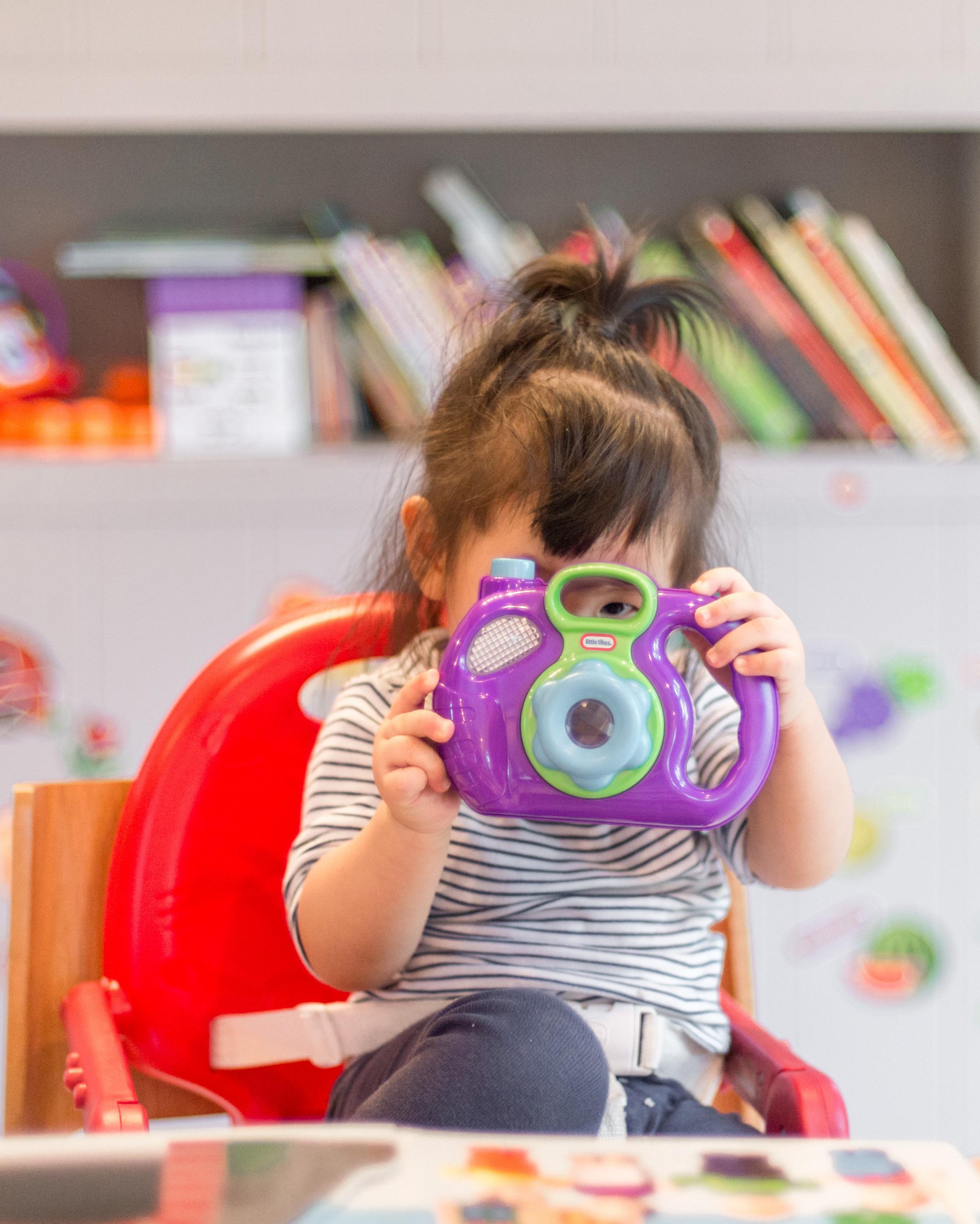

Staella Perraki: The Wonderer
LOCATION: KALAMATA, PELOPONNESE PENINSULA, GREECE
OCCUPATION: RETIRED AGE: 78
Learning Style: Social
+ She has friends from her university study groups because they formed close bonds while they learned with each other and from each other.
+ She attends a book club every month because the book means more when she shares it with other people.
Interest in Learning: Moderate
+ She is looking into new hobbies because she wants to do more with her post-retirement life.
+ She makes it to the library events when possible because it’s a low-energy way to learn new things.
Community Involvement: High
+ Her favorite part of the morning is talking to her neighbor from the window because she loves connecting with the people in her community.
+ She frequently visits her community center to find out about upcoming events because she values time spend with her friends and neighbors.
+ She has been exchanging letters with a pen pal in Sweden for years because she finds it exciting to have a connection with someone so far away.
Avedis Zadian: The Tinkerer
LOCATION:
DRESDEN, SAXONY, GERMANYOCCUPATION: STUDENT AGE: 16
Learning Style: Verbal
+ He writes poems in a secret notebook because it’s the easiest way to express himself.
+ He interrupts conversations with relevant, but melancholic quotes and proverbs because he remembers most of the things he reads.
Interest in Learning: Slight
+ He is building his own computer at home, but is failing math because he doesn’t like to participate.
+ He usually throws away field trip permission forms because he’s rather stay behind at the school and read.
+ He doesn’t do well with book reports because he doesn’t want to deviate from the novel he’s been reading for weeks.
Community Involvement: Low
+ He visits the skate park daily because it’s one of the few places he feels a sense of community.
+ He wishes his parents would let him spend more time on the computer because he’s an active part of a Discord group.


Renier Leclair: The Wanderer
LOCATION: STOCKHOLM, UPPLAND, SWEDEN
OCCUPATION: ENGLISH TUTOR AGE: 19
Learning Style: Kinesthetic
+ He is on a break year and backpacking Europe because he likes getting dirty and doing life rather than reading about it.
+ He drops in on local improv groups because he loves getting creative and acting out scenarios.
Interest in Learning: Moderate
+ He isn’t proactive about formal learning because he feels he has better ways to spend his time.
+ He is returning to college next year because he thinks it’s important even if he doesn’t want to.
Community Involvement: High
+ He loves traveling because he is building a global community of friends.
+ He prefers to stay at hostels with active common areas because he enjoys spending time connecting with fellow travelers.
+ He makes sure to visit a library or community center in every city because he wants to spend his time engaging with the people around him.
Cameron Reed: The Vacationer
LOCATION: MINNEAPOLIS, MINNESOTA, UNITED STATES OF AMERICA
OCCUPATION: FINANCIAL ANALYST AGE: 26
Learning Style: Logical
+ He makes a list for everything because he likes to keep his life organized.
+ He buys the newspaper and then throws most of it away because he’s only interested in the stocks and baseball statistics.
Interest in Learning: None
+ He finished business school and found a 9-to-5 job pretty quickly because he wanted his free time back.
+ He is glad school is over because now he can live like every day is summer.
+ He would rather go on a date at a bar than at a museum because he works hard and wants to relax after work.
Community Involvement: Moderate
+ He frequents the same bar after work because he’s built up a community of other regulars.
+ He doesn’t have many friends beyond former peers, bar patrons, and coworkers because he doesn’t participate in unrelated community events.


Davide Fazio: The Ruler
LOCATION: FLORENCE, TUSCANY, ITALY
OCCUPATION: SENIOR EDITOR
AGE: 58
Learning Style: Solitary
+ He worked his way up the ranks quickly because he is very self-motivated.
+ He sound-proofed his offices because the noises of the house distracted him.
+ He works from home because he doesn’t want to deal with other people.
Interest in Learning: None
+ He avoids training events at the publishing house because he doesn’t feel like he has anything left to learn.
+ He gets into arguments with tour guides because he knows the city better than them.
Community Involvement: None
+ He skips any optional work get-togethers because he isn’t interested in having social relationships with coworkers.
+ He is only connected to the world at large by the daily newspaper he reads because he’s not connected to any communities outside of his area.
Section .03
Competitors
Exploring the Competition
The knowledge of competitors in the marketplace can be used to differentiate The Learning Channel…
Current:
Direct competitors currently consist of other sources of reality programming. The streaming services chosen were based on overall popularity, as well as the service’s reality program offerings. The Learning Channel stands apart from these competitors because its heart lies in fostering curiosity, rather than simply entertaining. Each business is accompanied by their mission statement.
NETFLIX
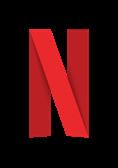
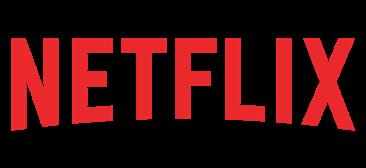
To entertain the world
HULU
To empower everyone to discover, share, and celebrate the stories that connect us
BRAVO
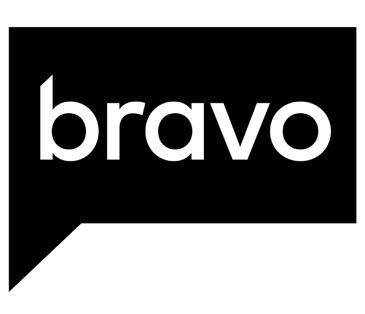
To deliver the best in food, fashion, beauty, design and pop culture to the most engaged, upscale and educated audience in cable
A&E

To lead the cultural conversation through high-quality, original programming that captivates viewers and brings them to the heart of the stories that matter
To kill boring CBS
MTV


HISTORY
To serve as the most trustworthy source of informational entertainment in media
DISCOVERY
To satisfy curiosity and make a difference in people’s lives by providing the highest quality content, services, and products that entertain, engage, and enlighten
To be the leading, branded entertainment company across television, motion pictures and digital media platforms

PARAMOUNT+
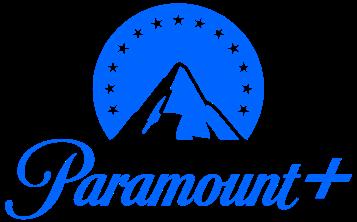
To unleash the power of content
PEACOCK
To provide consumers with a destination that goes beyond movies and television, aggregating a variety of content that fans want on one service

Adjacent:
Adjacent competitors to The Learning Channel currently are those businesses that offer other low-energy forms of entertainment for people’s leisure time. The chosen entertainment forms generally rank closer to “mindless” than “educational” in their content. These competitors give a glimpse of non-television activities that could pull customers away from The Learning Channel. Each business is accompanied by their mission statement.
TIKTOK

To inspire creativity and bring joy
To capture and share the world’s moments
SNAPCHAT

To empower people to express themselves, live in the moment, learn about the world, and have fun together
AUDIBLE
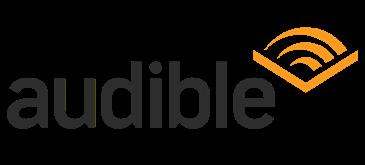
To build a new medium that will redefine and enhance the nature of spoken information, education, entertainment, and other modes of verbal expression
NEWS
To empower the informed
To give people the power to build community and bring the world closer together
YOUTUBE
To give everyone a voice and show them the world
BOOK
To amuse, persuade, inform, or to satirize a condition with the written word
PODCAST
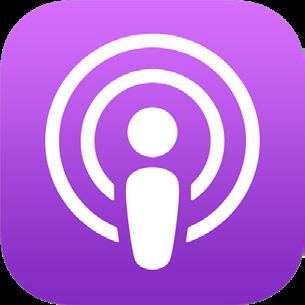
To entertain, humor and educate with audio recordings

MUSIC
To express and modulate emotion
Future:
The Learning Channel aspires to position itself amongst competitors that offer engaging educational content and services. Also, businesses that create connections in communities are considered possible competitors following the rebrand of The Learning Channel. Each business is accompanied by their mission statement.
MASTERCLASS
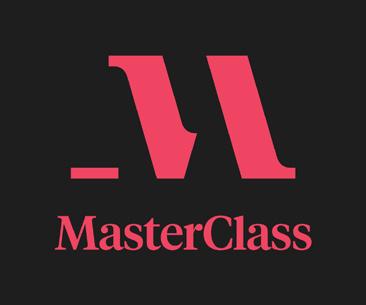
To unlock human potential by inspiring a learning lifestyle in everyone
TEACHABLE
To empower creators to transform their knowledge into income

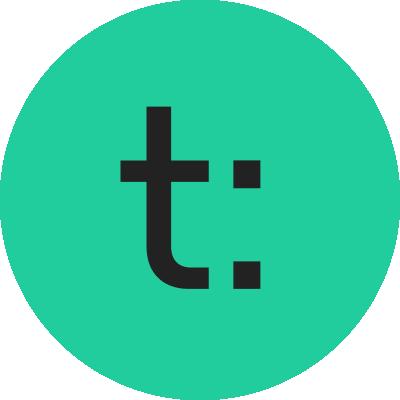
SPACE CAMP
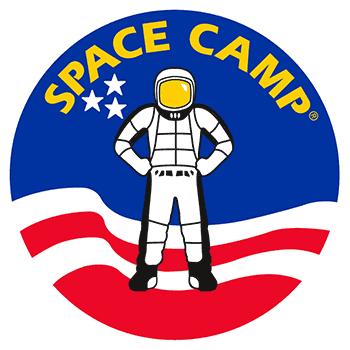
To promote science and math learning in a space themed environment
EXPLORATORIUM

To create inquiry-based experiences that transform learning worldwide
MINECRAFT

To build a better world through play, inspiring generations of game changers by celebrating our values of teamwork, creativity, passion, and fun
SCOUTS BSA
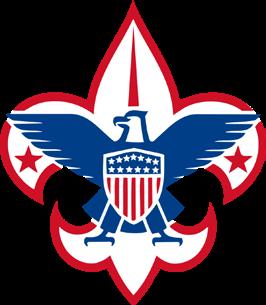
To prepare young people to make ethical and moral choices over their lifetimes by instilling in them the values of the Scout Oath and Law
BOYS AND GIRLS CLUBS OF AMERICA

To enable all young people, especially those who need us most, to reach their full potential as productive, caring, responsible citizens
IMPULSE
To improve mental health by providing entertaining and challenging mind games
LUCID
To make the world’s most important knowledge easy to learn, internalize, and apply to your life

PUBLIC LIBRARY
To provide free and open access to a broad range of materials and services to people of all ages and backgrounds

Brand History
Polcyn, K. A. (1974). Future United States Educational Broadcast Satellite Experiments: The Appalachian Region Experiment. Educational Technology, 14(5), 8–12. http://www.jstor.org/ stable/44420851
Hack Education (2015). The Learning Channel http://hackeducation.com/2015/05/30/ the-learning-channel
Business Insider (2012). History of TLC from Learning Channel to Honey Boo Boo https:// www.businessinsider.com/history-of-tlc-fromlearning-channel-to-honey-boo-boo-2012-11 + Real Clear Science (2014). TLC Shows that Teach Nothing https://www.realclearscience.com/ lists/tlc_shows_that_teach_nothing/fall_of_ learning_channel.html + CNN (2010). The TLC Network Learning Curve http://www.cnn.com/2010/SHOWBIZ/ TV/03/31/tlc.network/ + The List (2020). Things You Forgot About the Early Days of TLC https://www.thelist. com/273731/things-you-forgot-about-the-earlydays-of-tlc/
Competitors
+ All competitor information came from their respective websites
